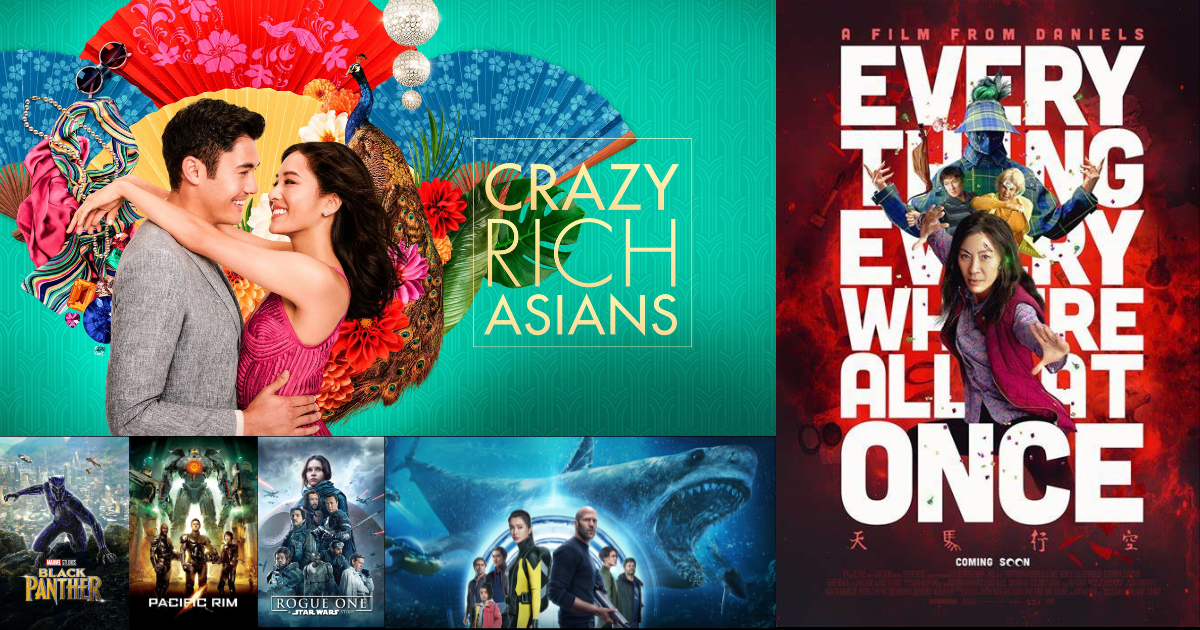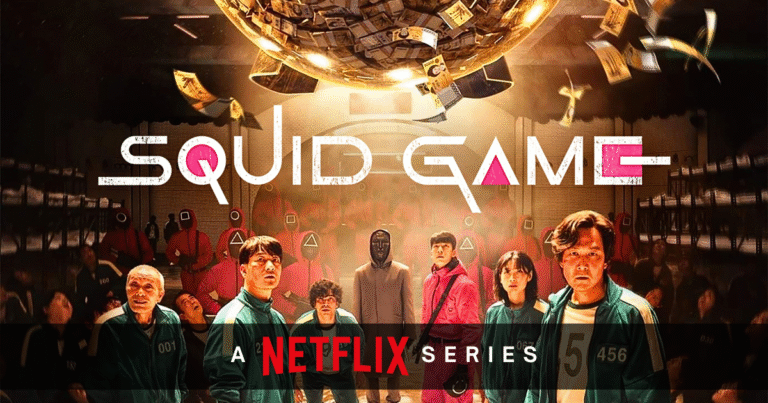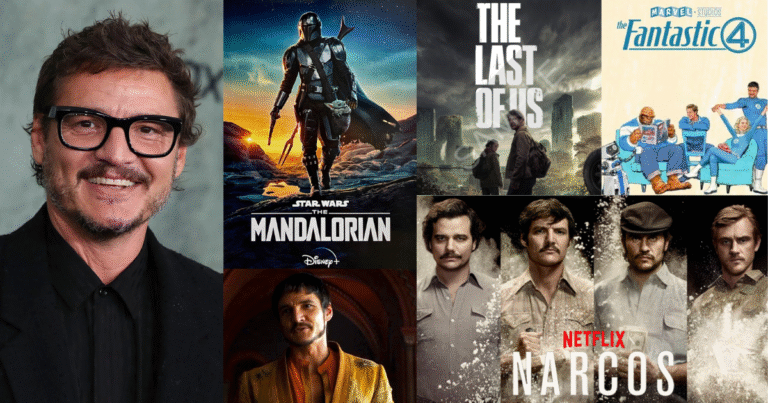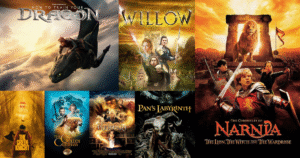Hollywood used to make movies mainly for American audiences. But today, everything has changed. The biggest money in film no longer comes just from the United States. It now comes from around the world, especially countries like China, India, the UK, and many others. This shift has changed how Hollywood tells its stories.
From what actors get cast to how action scenes are shot, the influence of the global audience is everywhere. In this article, we’ll look at how international box office numbers are reshaping Hollywood storytelling, with real examples and simple insights.
Why the International Box Office Matters
In the past, Hollywood studios would earn most of their money from ticket sales in the US and Canada. But over the last 20 years, the international market has grown a lot. For some films, over 70% of their earnings now come from outside the US.
Let’s look at Fast & Furious 9 (2021). It made around $173 million in the US, but over $550 million from the rest of the world. That’s more than triple. So naturally, Hollywood wants to make sure their stories appeal to everyone globally, not just Americans.
1. More Action, Less Dialogue
Big action scenes translate well across cultures. You don’t need to understand a language to enjoy a car chase, an explosion, or a superhero flying through the air. Because of this, Hollywood movies now have:
- Longer action sequences
- Bigger stunts
- Less complex dialogue
Think of Marvel films. The stories are simple, but the action is huge. You can watch Avengers: Endgame anywhere in the world and enjoy it, even if you miss a few lines.
2. Global Locations
Hollywood now films in different parts of the world and features international cities in stories. This makes the movie feel more global and helps attract viewers from those regions. Some examples:
- Mission: Impossible – Fallout was shot in Paris, London, and Kashmir.
- Black Panther used African culture and design to build Wakanda.
- James Bond: Skyfall featured scenes in Shanghai and Macau.
These choices aren’t just for looks, they’re strategic. When people see their country or culture on screen, they feel connected. It’s a smart way to grow interest and ticket sales.
3. Casting International Stars
To connect with fans worldwide, Hollywood has started casting actors from different countries. This helps boost interest and makes the film more relatable for international audiences. For example:
- The Meg, a shark movie starring Jason Statham, also featured Chinese actress Li Bingbing. It performed very well in China.
- Crazy Rich Asians featured a full Asian cast and became a global hit.
- Dune: Part Two includes European, Middle Eastern, and Latin American actors in major roles.
When casting is diverse, more people feel seen. It also creates new markets for films that might otherwise get ignored.
4. Simplified Themes
Hollywood blockbusters often focus on universal themes now, like family, revenge, survival, and friendship. These are ideas everyone can relate to, regardless of culture or language. You’ll notice:
- Fewer references to specific US politics or history
- More stories about heroes who could come from anywhere
- Clear emotional goals and villains
Movies like Avatar, Jurassic World, and Transformers don’t require deep cultural knowledge to enjoy. This makes them easy to export.
5. Less Comedy, More Spectacle
Comedy can be hard to translate. Jokes often depend on local slang, timing, or cultural references. That’s why Hollywood has moved away from dialogue-heavy comedies and focused more on visual entertainment.
Visual spectacle sells better across borders. Films like:
- Pacific Rim (robots vs. monsters)
- Godzilla vs. Kong
- Top Gun: Maverick
don’t rely on punchlines—they rely on visuals, emotion, and thrills.
6. Influence of China and Other Big Markets
China is now one of the largest film markets in the world. For many blockbusters, earning approval to release in China is crucial. But China has strict rules about what kind of stories it allows.
Because of this, some Hollywood films:
- Remove sensitive topics (e.g., politics, ghosts, or religion)
- Add Chinese characters or scenes to appeal to censors
- Change the final edit to get approval
For example, in Iron Man 3, extra scenes featuring Chinese doctors were added just for the China release. Transformers: Age of Extinction was partly set in China and included product placements for Chinese brands.
7. Franchise Films Rule
Franchises like Marvel, Fast & Furious, Harry Potter, and Transformers do especially well globally. Audiences already know the characters and worlds, so marketing is easier. That’s why Hollywood focuses heavily on:
- Sequels
- Spin-offs
- Shared universes
Original one-off movies struggle to compete unless they have major star power or go viral. Franchises bring in guaranteed crowds.
8. Subtitles and Dubbing Are Now Standard
With streaming platforms like Netflix and Prime Video, people around the world are used to watching foreign content with subtitles or dubbing. Hollywood has embraced this trend, making their films available in multiple languages quickly. This has also allowed smaller films to reach international fame.
For example, Everything Everywhere All at Once was not a blockbuster in size, but its multicultural story and subtitles helped it win hearts globally.
9. Streaming and Social Media Influence
Global audiences don’t just watch films, they talk about them online. A film that trends on TikTok or Instagram in India can impact box office results in the US, and vice versa. Studios now think globally from day one when they market a movie.
Trailers are released in many languages. Actors go on global press tours. Posters are designed to work across cultures.
So, What Does the Future Look Like?
Hollywood will keep changing. As more countries build strong film industries of their own (like India, South Korea, and Nigeria), the competition will grow. Hollywood must continue to think globally—both in terms of business and storytelling.
Expect more movies that:
- Include global talent
- Reflect diverse cultures
- Focus on big emotions and visuals
- Can be understood with little dialogue
Final Thoughts
The international box office has reshaped Hollywood. It has pushed filmmakers to think beyond the borders of the US and create stories that speak to the world. While this brings its own challenges, it also creates amazing opportunities.
Movies are no longer just American exports, they’re global experiences. And that shift has changed the way stories are told, forever.












